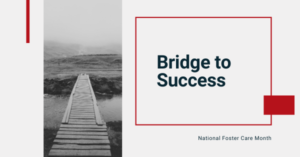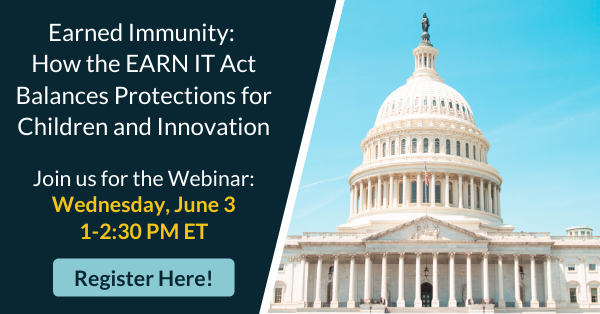Due to COVID-19, Shared Hope International had to shift our internship program to a remote experience. Despite losing the in-person experience, we maintained providing a meaningful for our interns, including our D.C. office interns Sapna Swaymapakula and Mariah Cabrera. Sapna gratefully shared with her and Mariah’s experience in this blog.
Participating in a virtual internship was not in the plan for myself or my peer Mariah this summer. Both of us intended to move to Washington D.C. and have our full internship with Shared Hope International. For Mariah, it was her last semester for her undergrad, my second to last. While our internship program, The Washington Center, gave the option of reapplying for a different semester, both of us stuck through with the process and trusted that the internship would be as equally opportunistic and insightful. For both of us, Shared Hope International has been eye opening, making us both more aware of the reality of child sex trafficking.
Shared Hope International has educated us both more on sex trafficking’s origin, and in modern society. Through webinars, we have learned about the history of sex trafficking, and different factors that play a part: race, sex, age, status, and even education. We both are grateful for the opportunity to be a part of the Shared Hope International team. Both Mariah and I never imagined gaining so much from a virtual internship. The projects are at times challenging, but we enjoy that sense of accomplishment when turning them in before the deadline. Each project differs from the previous one, and allows us to strengthen our skills in every aspect we’re challenged in. Working on a wide range of projects has allowed us both to harness new skills, skills we otherwise would not have gained while supporting various programs and departments within Shared Hope.
Even though we are working virtually this summer, we still have been given the opportunity to interact with other members of the team, which we did not expect. Both Mariah and I communicate constantly and found that we work better together on our various projects. We have learned effective ways to professionally interview others, how to compose a professional cover letter, tidy up our resumes, and communicate effectively and professionally. These two months at Shared Hope International are passing quicker than either one of us expected, but we both know that we will carry these memories and skills with us wherever we go. Shared Hope International has helped us mature professionally and personally, and we can’t wait to use these skills to help build our future.









